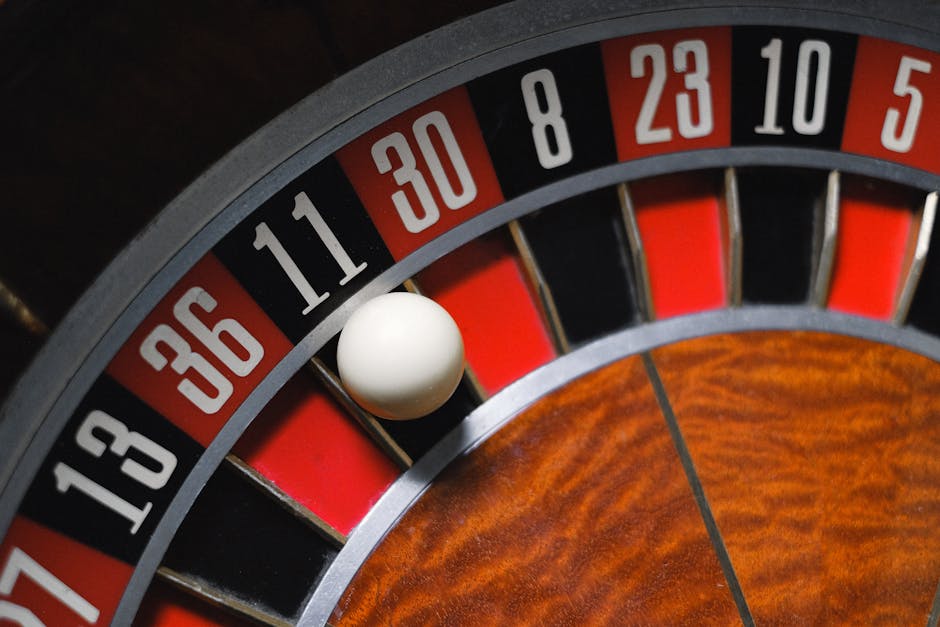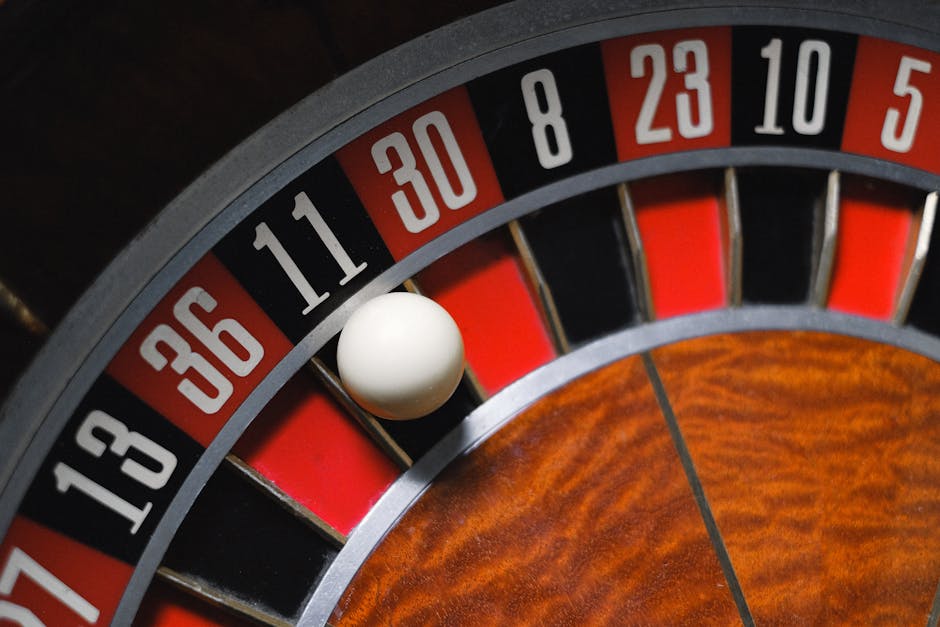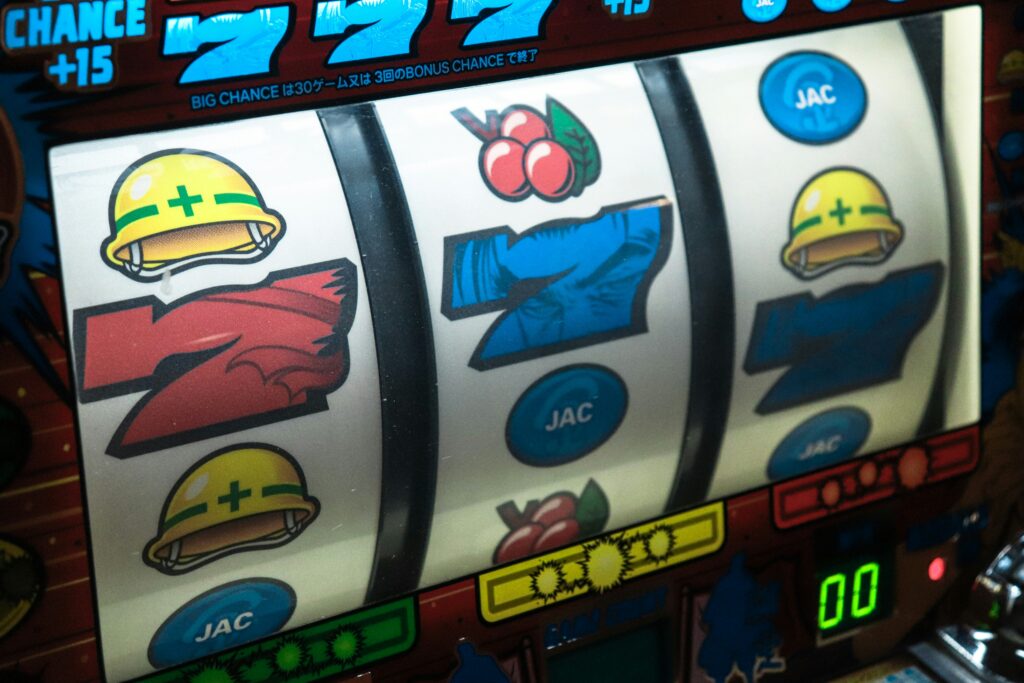What “Odds” Really Mean in Lotteries and Jackpots
Let’s get one thing straight: odds and probability are not the same, and if you don’t know the difference, you’re flying blind. Probability is a measure of how likely something is to happen—it’s usually expressed as a percentage. Odds compare the chance of winning to the chance of losing. So when you hear odds of 1 in 292 million for a Powerball jackpot, that means for every one win, there are 291,999,999 losses. Simple, brutal math.
Now here’s the kicker: buying more tickets doesn’t dramatically increase your chances. It’s not a volume game. If you buy 10 tickets for a game with 1 in 100 million odds, your odds are now 10 in 100 million. Still a microscopic sliver. Compare that to spending the same money on a sandwich. At least the sandwich will show up.
This is where people get it wrong. They think playing every week somehow shifts the numbers. They believe some numbers are “hot” or “due.” None of that changes the hard math. Each draw is an independent event. Odds reset every time. You’re not gaming the system—you’re just repeating a long shot.
So if you’re going to play, play for fun. But don’t confuse spending more with playing smart. Understand the odds, and make peace with them.
The Math Behind the Games
Let’s strip it down. Jackpot odds, especially for big pick-6 lotteries like Powerball or Mega Millions, hinge on basic math—combinations. When you’re picking 6 numbers from a pool of, say, 69 (as in Powerball), you’re dealing with combinatorics. There are over 292 million possible combinations in Powerball. That’s why your odds of hitting the jackpot are 1 in 292,201,338. It’s not rigged, it’s just math.
Now, instant win scratch-offs? Way better odds—some as high as 1 in 3 or 1 in 4. But here’s the catch: the payouts are usually smaller, and most big prizes get claimed early. So even if the odds seem kinder, what’s left on the table might not be life-changing.
To put it in perspective: you’re more likely to be struck by lightning in your lifetime (about 1 in 15,000) than to win a national jackpot. But you’re also more likely to win $20 on a scratch ticket than to lose your car keys twice in one week. Odds live in a strange place between the everyday and the unheard-of. Understanding them doesn’t make you luckier—but it sure makes you sharper.
Choosing the Right Game Strategically
Chasing the biggest jackpot is tempting, but smart players look at more than the headline number. It’s about risk vs. reward. A game offering $500 million with odds of 1 in 300 million might not be as appealing as a regional draw offering $2 million with odds of 1 in 5 million. One could change your life. The other might actually happen.
Fixed jackpots offer consistency—they don’t change day to day and often have better odds. Progressive jackpots, on the other hand, grow over time and bring the thrill, but with every ticket sold, your personal chances shrink unless the rules are capped. If you’re going to go for a progressive, timing matters—jump in when the pot has grown to a point that outweighs the terrible odds.
Don’t overlook the niche stuff. State games, lesser-known draws, and local raffles often have tighter pools, fewer players, and better odds—even if the cash amounts are lower. Think surgical bets, not scattershot.
For a deeper dive on picking smart, targeted games, check out How to Choose the Right Jackpot Game for You.
The Myth of “Due Numbers” and Other Fallacies
Let’s get one thing straight: numbers don’t have memory. A ball drawn last week—or 50 times before—doesn’t change the odds of it coming up again. Each draw is a clean slate. The idea of a number being “due” is a classic gambler’s fallacy. Odds don’t bend to streaks or gaps in draw logs. If your winning strategy relies on what happened last month, it’s time to rethink the approach.
Same goes for “lucky numbers.” Whether it’s your birthday, the jersey number from high school, or a combo you once saw in a dream, those digits have the same odds as any random pick. Humans are pattern-seeking by nature, but lotteries aren’t sentimental. They’re built on randomness, not meaning.
Now comes the real trap: emotional gambling. That’s when people play because they’re chasing a feeling—redemption, intuition, or a sense that the universe owes them. It leads to overplaying, ignoring the math, and justifying bad bets because it “feels” right. Informed decision-making, on the other hand, is cold but clear. Know your budget. Know the actual odds. Know that no trick busts probability. You can still enjoy the thrill—just don’t pretend emotions or hunches tilt the game.
Smart players separate excitement from strategy. That’s the difference between hope and habit.
Tips for Playing Smarter, Not More
Let’s be clear: lottery games are entertainment. That means your budget should reflect that reality. Set a fixed amount of what’s truly “play money” each week or month—an amount you wouldn’t miss if you lost it completely. If you find yourself upping your spend to chase a bad streak, that’s not strategy—it’s loss chasing. And it rarely ends well.
Pooling tickets with friends or coworkers can stretch your odds slightly, but it’s not a miracle move. Do the math. If five people contribute, that doesn’t multiply your odds by five—it just splits the prize if you win. Trusted groups, clear agreements, and realistic expectations are key.
Most importantly, know when to walk away. That goes for wins too. Pocket a profit rather than rolling it all back into more tickets. Lottery fatigue is real. Responsible players stay in control by playing with intention—not impulse.
Final Thoughts: Luck Favors the Informed
Odds don’t hate you—they’re just the math. The lottery doesn’t care who you are, how long you’ve played, or how close you came last time. That’s important to remember. You can’t control the numbers, but you can control your mindset.
So here’s the play: Accept the game for what it is. Set a budget, stick to it, and treat the ticket like the entertainment it is—not a financial plan. If you win, great. If not, you haven’t thrown yourself down a hole chasing one lucky break.
The trick is staying sharp without getting cynical. Play for fun. Think clearly. Understand the odds, but don’t let them crush your enjoyment. Out of all the things you can’t change, the one thing you can? Your approach. Keep it smart, grounded, and honest. That’s how you win—even when the numbers don’t break your way.




